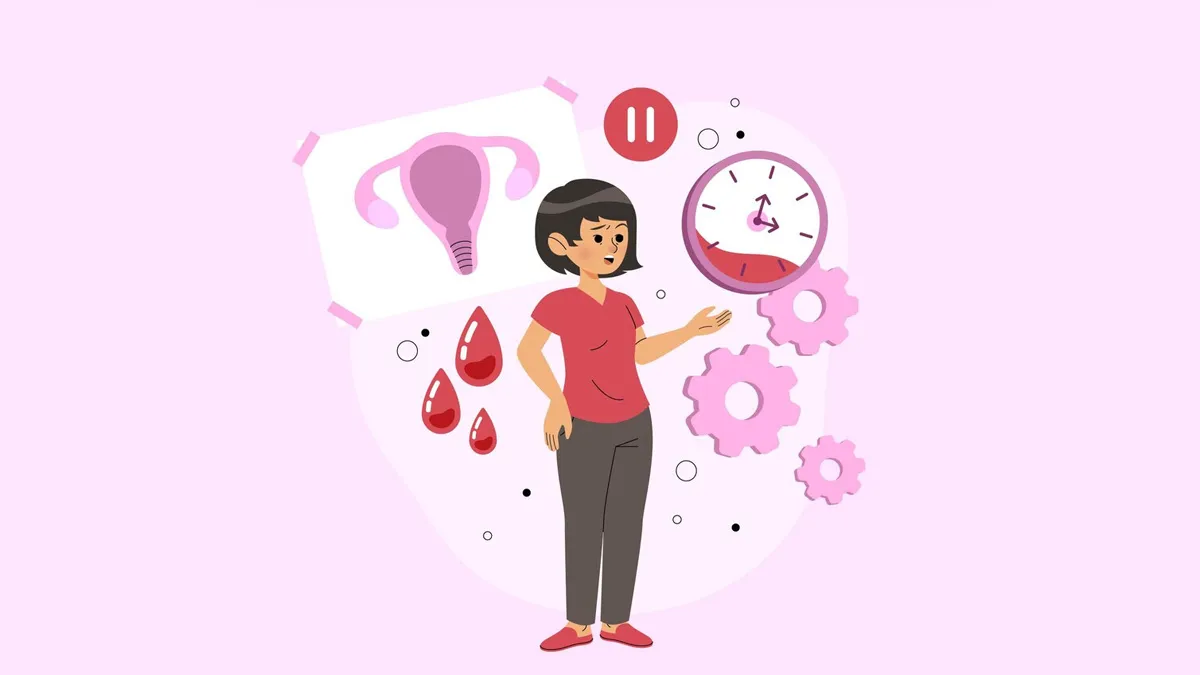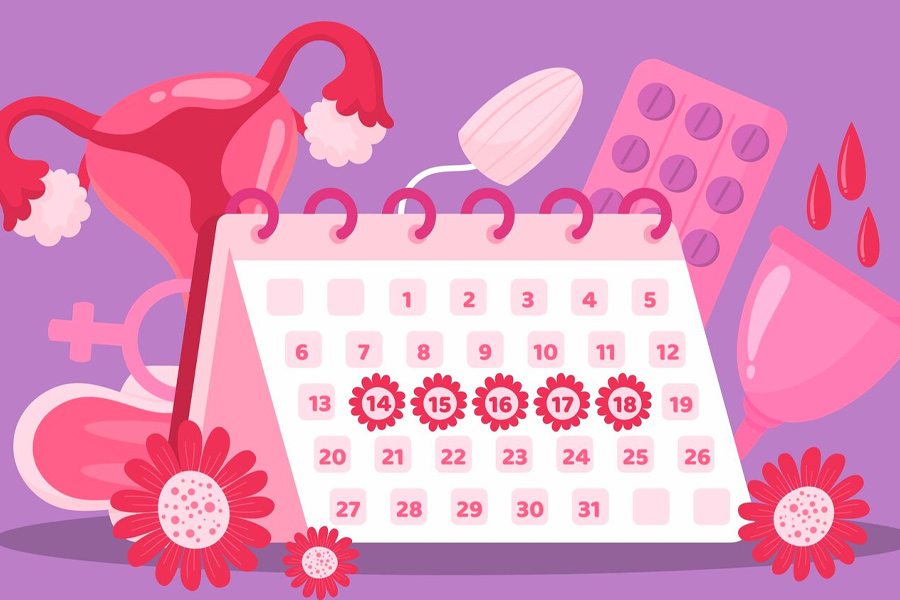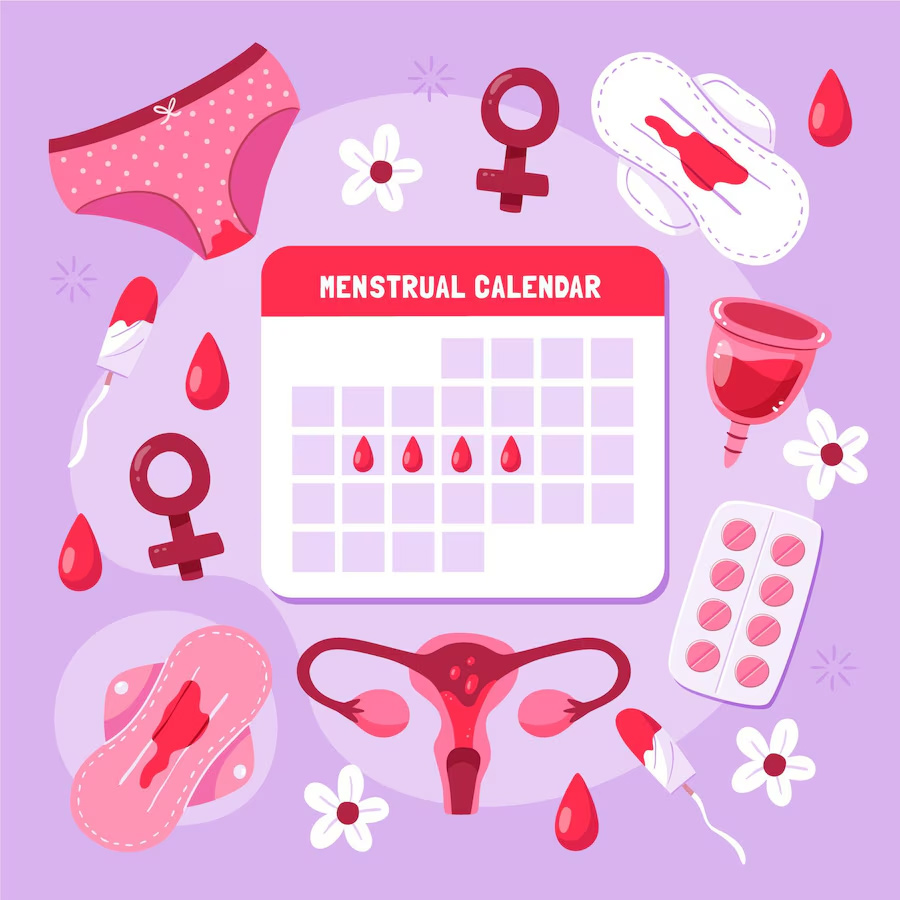
Let’s be honest most of us have a bit of a love-hate relationship with our periods. While the cramps and discomfort aren’t exactly welcome, any unexpected changes can be unsettling. A shorter than usual period might leave you wondering what’s going on, but there are many possible reasons behind it.
Every woman’s menstrual cycle is unique, with most women experiencing periods that last between three to five days. That said, a period lasting just two days or extending to seven days is still considered normal. If your usual cycle lasts several days and then suddenly shortens, there could be various reasons behind it.
To gain more clarity, we reached out to Dr Umbreen Seher, MBBS, MS (Obs & Gynae) from Ujala Cygnus Group of Hospitals, to explain whether this change is normal.
According to Dr Seher, a menstrual period lasting only two days is typically normal if it aligns with your usual cycle. However, if it’s a sudden shift from what you’re used to, it might indicate an underlying health concern that should be examined.

Some women naturally have shorter menstrual cycles, ranging from two to seven days. Fluctuations in hormone levels due to stress, weight fluctuations, or birth control use can contribute to a lighter or shorter period. Dr Seher notes that medical conditions such as Polycystic Ovary Syndrome (PCOS), thyroid disorders, or uterine fibroids could also be responsible. In some cases, what seems like a menstrual period could actually be early pregnancy, making a pregnancy test a good precaution. Additionally, certain medications, especially hormonal contraceptives, may influence menstrual flow.
Interestingly, young women experiencing puberty often have irregular menstrual cycles during the first few years after their periods begin.
Another stage when menstrual cycles may become inconsistent is perimenopause, which occurs several years before menopause. According to the Cleveland Clinic, perimenopause can start as early as 8 to 10 years before menopause, meaning it may begin in a woman’s 30s or 40s. During this transition, estrogen levels gradually decline, leading to irregular periods.
Don't Miss: Why Should You Have Sex Regularly: Gynaecologist Shares 5 Health Benefits

If your period has become noticeably shorter or lighter without a clear reason, it’s advisable to consult a doctor. Dr Seher emphasizes that irregular cycles, frequent periods (occurring every 21-24 days or less), heavy bleeding, intense pain, or unusual discharge warrant medical attention. If you’ve missed a period, noticed light spotting, and suspect pregnancy, taking a test and seeking medical advice is recommended.
Don't Miss: Late Periods? 4 Reasons As Per Doctor
Although a shorter period is not always a cause for concern, keeping track of any unexpected or ongoing changes is essential for maintaining reproductive health.
Keep reading Herzindagi for more such stories.
Credits: Freepik
Also watch this video
Herzindagi video
Our aim is to provide accurate, safe and expert verified information through our articles and social media handles. The remedies, advice and tips mentioned here are for general information only. Please consult your expert before trying any kind of health, beauty, life hacks or astrology related tips. For any feedback or complaint, contact us at [email protected].